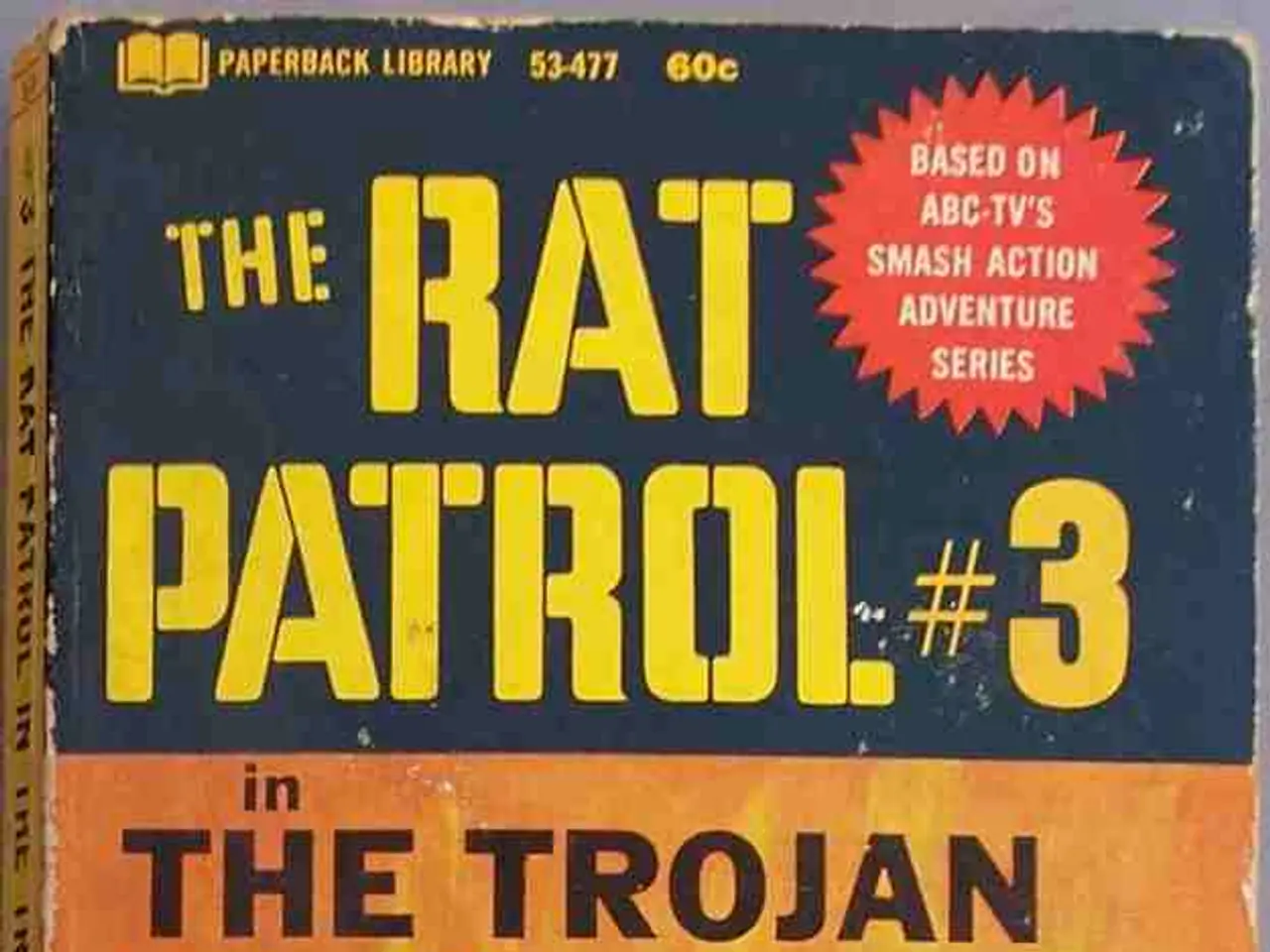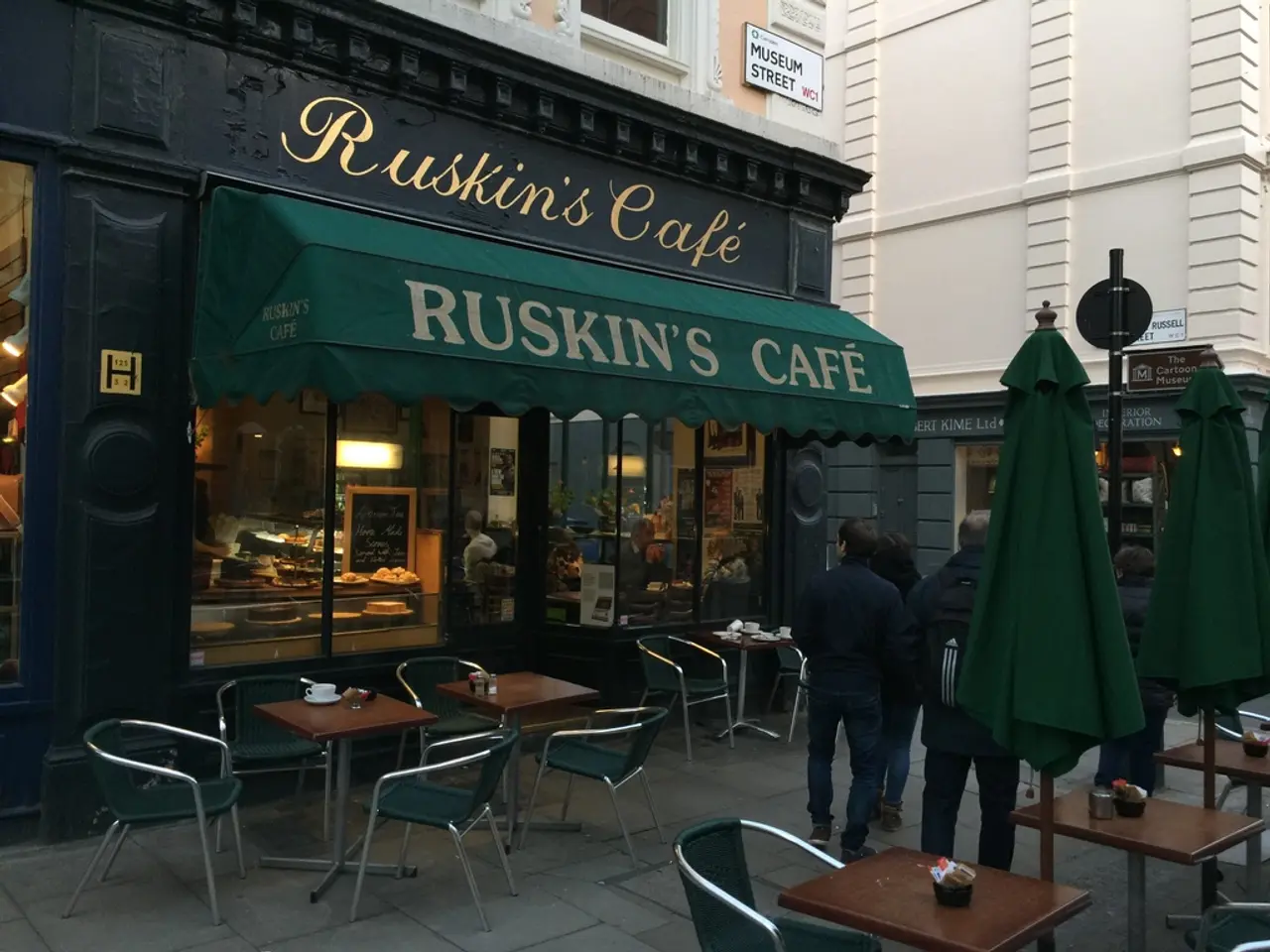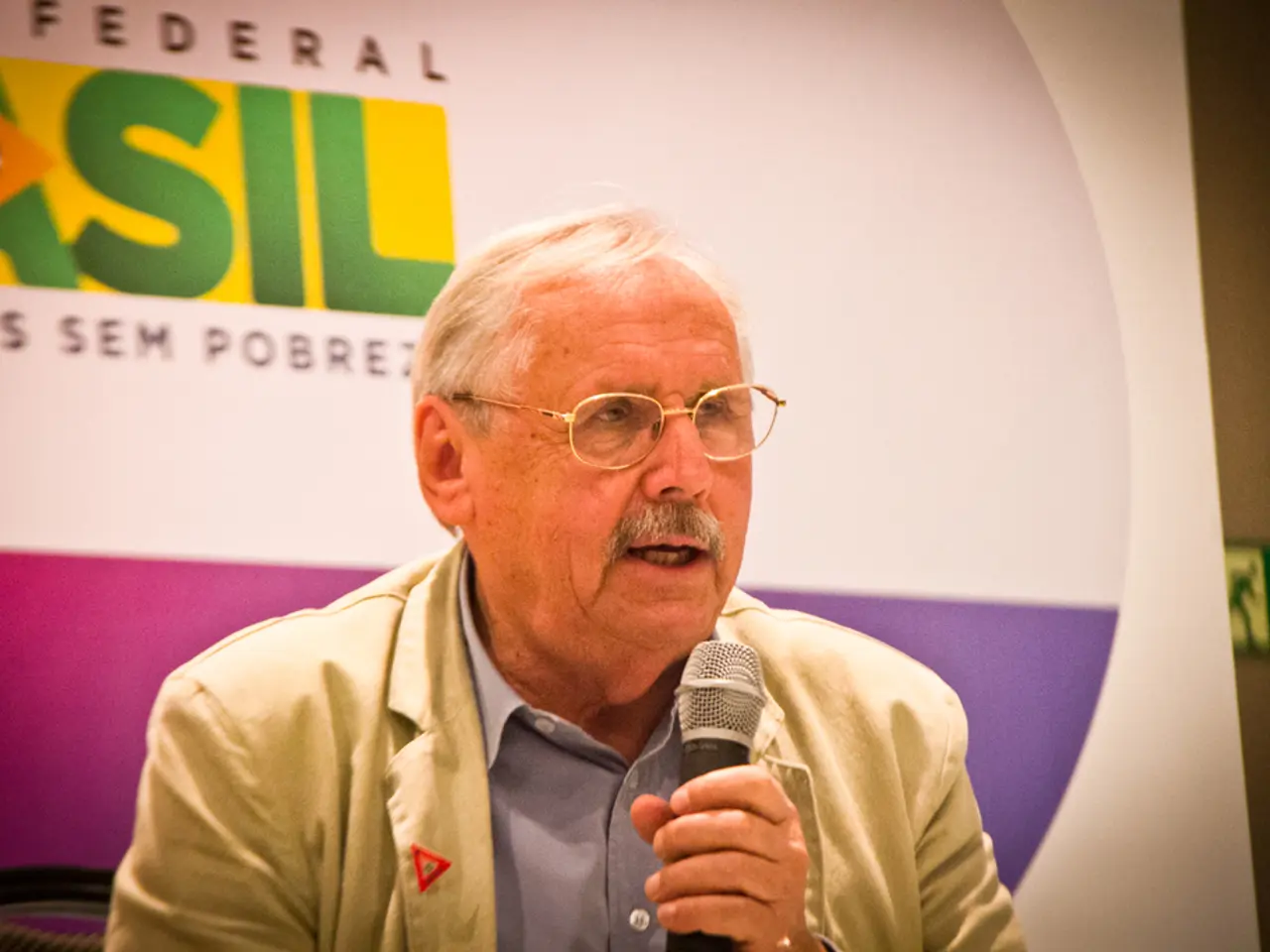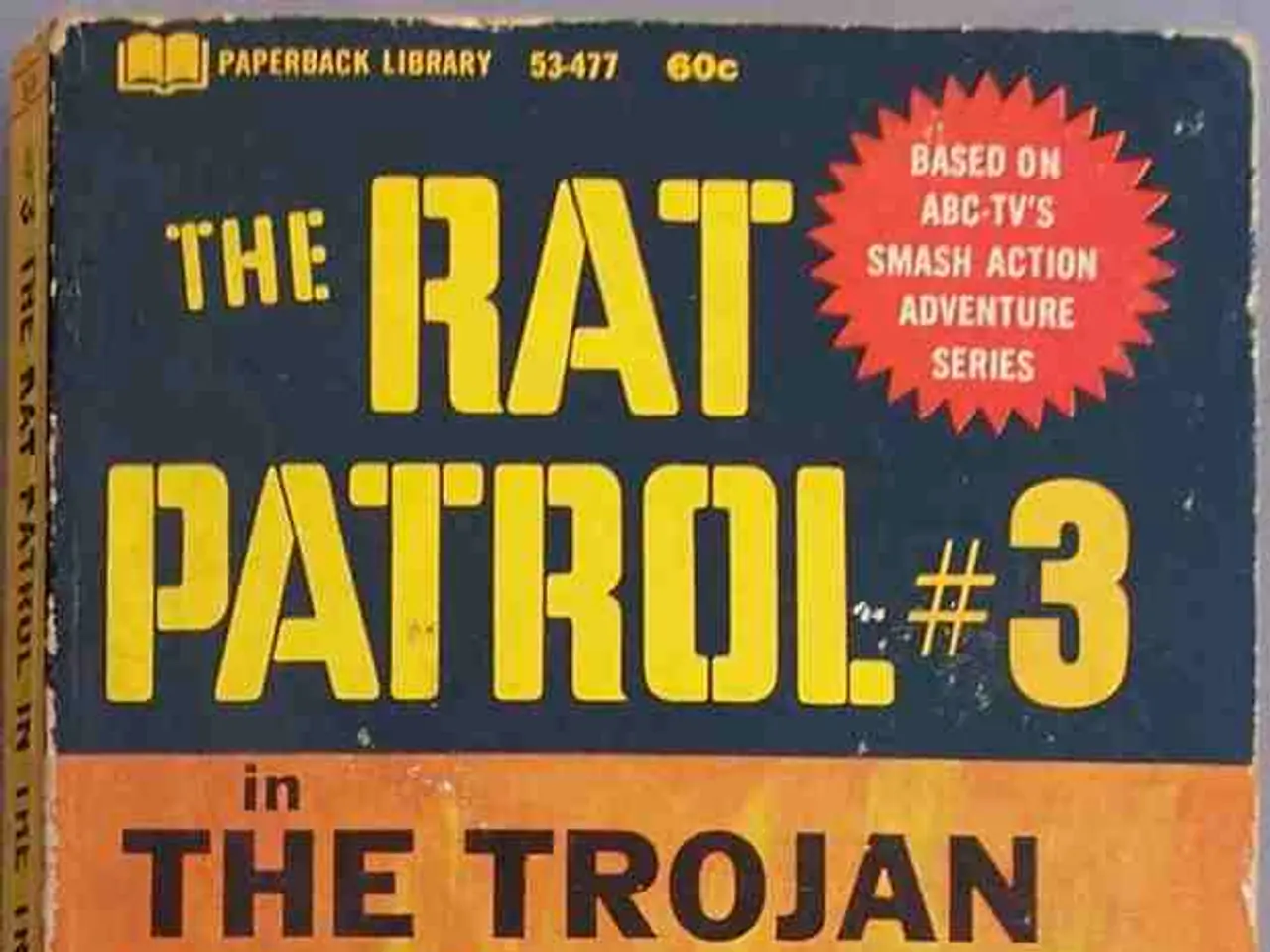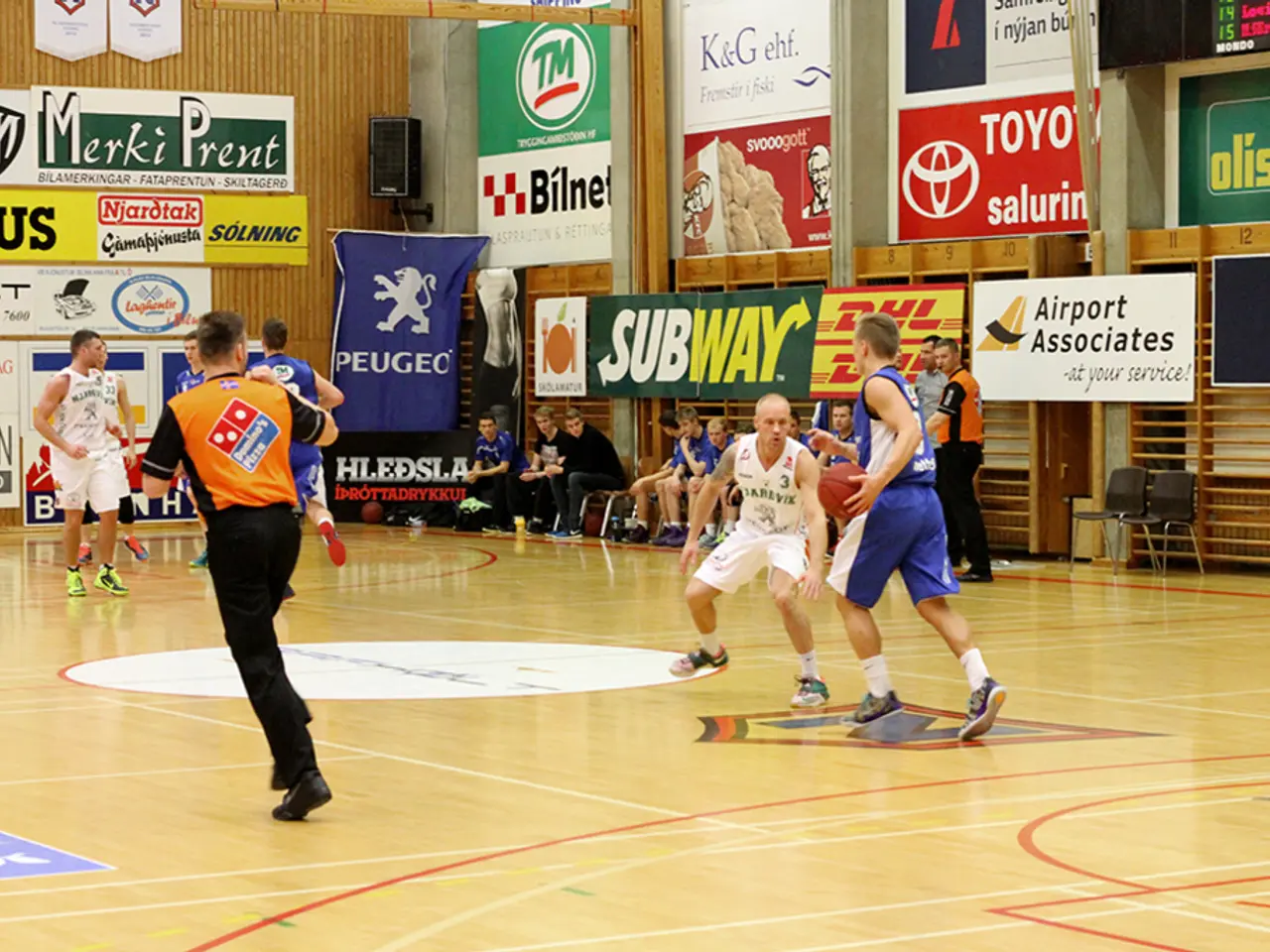Western Defense Hinges on Trump's Mood Variations
In a recent turn of events, the NATO summit has shown signs of improved relations between its members, with President Trump's mood seemingly lifted after Putin was not held accountable for alleged transgressions [1]. Meanwhile, across the Atlantic, the European continent is grappling with its own security concerns, spurring a renewed push for a stronger European Defense Force.
The idea of self-reliance is not foreign to Europe. As Big Daddy in Tennessee Williams' "Cat on a Hot Tin Roof" famously suggested, "endurance is not just the ability to bear a hard thing, but to turn it into something beautiful." This sentiment resonates with the European Community, established post-World War II to prevent another conflict between France and Germany [7]. Now, the need for resilience is more pressing than ever, as Europe faces a myriad of security challenges, from natural disasters to hybrid attacks.
The principle of national and collective resilience is now central to thinking in European capitals. NATO member countries are required to be resilient to withstand major shocks, and the EU is taking steps to strengthen its defense capabilities. The European Defence Agency (EDA) is being empowered to centralize procurement and capability planning, while collaborative frameworks like PESCO are being expanded [4]. The EU has set ambitious investment goals, aiming to allocate up to 3.5% of GDP for defense by 2028-29 [4].
The drive towards a European Defence Force is shaped by the shifting security landscape, particularly Russia's increased military spending and evolving geopolitical threats. The NATO summit in The Hague in June 2025 reinforced this momentum, committing EU and NATO members to increase defense expenditures to 5% of GDP by 2035 [3].
Progress has been incremental but tangible. The EDA’s mandate was extended in May 2024 to include joint procurement, facilitating centralized acquisition processes and improving efficiency in capability development [2]. However, full European defence integration faces challenges such as ensuring complementarity with NATO, political cohesion, and institutional flexibility to translate increased investments into operational readiness [1][5].
Amidst this evolving project, the UK government has an opportunity to strengthen its ties with the European Union regarding resilience and defense. The geopolitics of this are beneficial for British business in the defense industry, as evidenced by Babcock, a defense industries concern, whose share price has doubled in the first six months of the year [2].
The UK's interests are linked to those of the European continent, a realization even among Brexiteers. This is echoed in the sentiments expressed by former Prime Minister Edward Heath in his 1975 speech, where he emphasized the political purpose of the European Community and its role in preventing France and Germany from fighting each other [6].
As the creation of a European Defence Force continues to unfold, it remains an evolving project heavily influenced by NATO-EU dynamics, political consensus among member states, and the pressing need to adapt to emerging security threats within Europe and globally.
- Given the evolving project of a European Defense Force and the pressing need for resilience, politics and policy-and-legislation regarding energy security are becoming increasingly crucial, as Europe aims to strengthen its defense capabilities and adapt to emerging threats.
- Amidst the shaping of a European Defence Force due to war-and-conflicts and changing geopolitical threats, policy discussions about energy security are not only relevant to the UK, but also to the general-news as the UK's interests are linked to those of the European continent.
